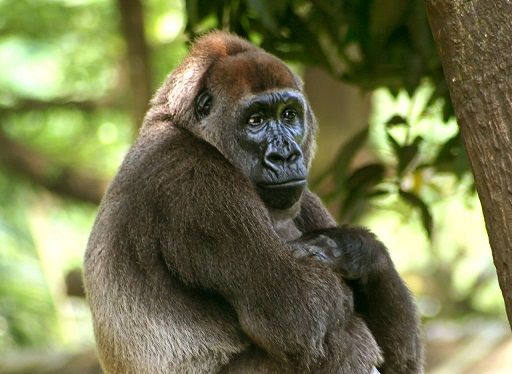UN launches Global Coalition to end illegal trade in wildlife
The UN announced plans as part of World Wildlife Day on Thursday to launch a campaign to end the illegal trade in wildlife

The United Nations announced plans as part of World Wildlife Day on Thursday to launch a Global Coalition campaign to end the illegal trade in wildlife.
UN Secretary-General Ban Ki-moon urged UN agencies, CITES and partners to provide a coordinated response to wildlife crime and promote a zero tolerance approach to poaching.
Mr Ban said: "Time is running out to save some of the world's most iconic species… Much more needs to be done by key actors on all continents and across sectors to combat poaching and address both the demand and supply of illegal wildlife products."
The illicit wildlife trade has been driven by growing demand for illegally sourced products in recent years, and has created a global environmental crisis, pushing several species close to extinction.
According to some estimates, rhino poaching in South Africa increased by 8,000 per cent from 2007 to 2014.
The pangolin is considered to be the most trafficked mammal on earth, with over a million animals taken from the wild in the past decade.
Trade in chimpanzees, gorillas and orangutans is causing concern as many are killed during capture and transport.
The effort to end illegal trade in wildlife received a significant boost in 2015, as the UN General Assembly adopted a resolution urging member states to classify illicit trafficking in wildlife as a serious criminal offence.
The Global Coalition campaign announced on Thursday a joint effort by the UN Environment Programme (UNEP), the UN Development Programme (UNDP), the UN Office on Drugs and Crime (UNODC), CITES and other partners.
The campaign will call on individuals, businesses, civil society and academia to use their influence to end the illicit trade in wildlife and for governments to meet and scale up their recent commitments.
UNEP Executive Director, Achim Steiner said: “Poaching and the illegal trade in wildlife have reached unprecedented levels. As few as 3,200 tigers exist in the wild today. In the last few years, over 100,000 elephants were poached in Africa. Some rhino populations face extinction.
Mr Steiner added: “The disappearance of individual species threatens biodiversity, and by extension the life support systems on our planet. Our responsibility is to look after wildlife. World Wildlife Day is a call to become more informed and more involved in stopping this crime against nature, communities and future generations.”



_400_250_80_s_c1.jpg)


